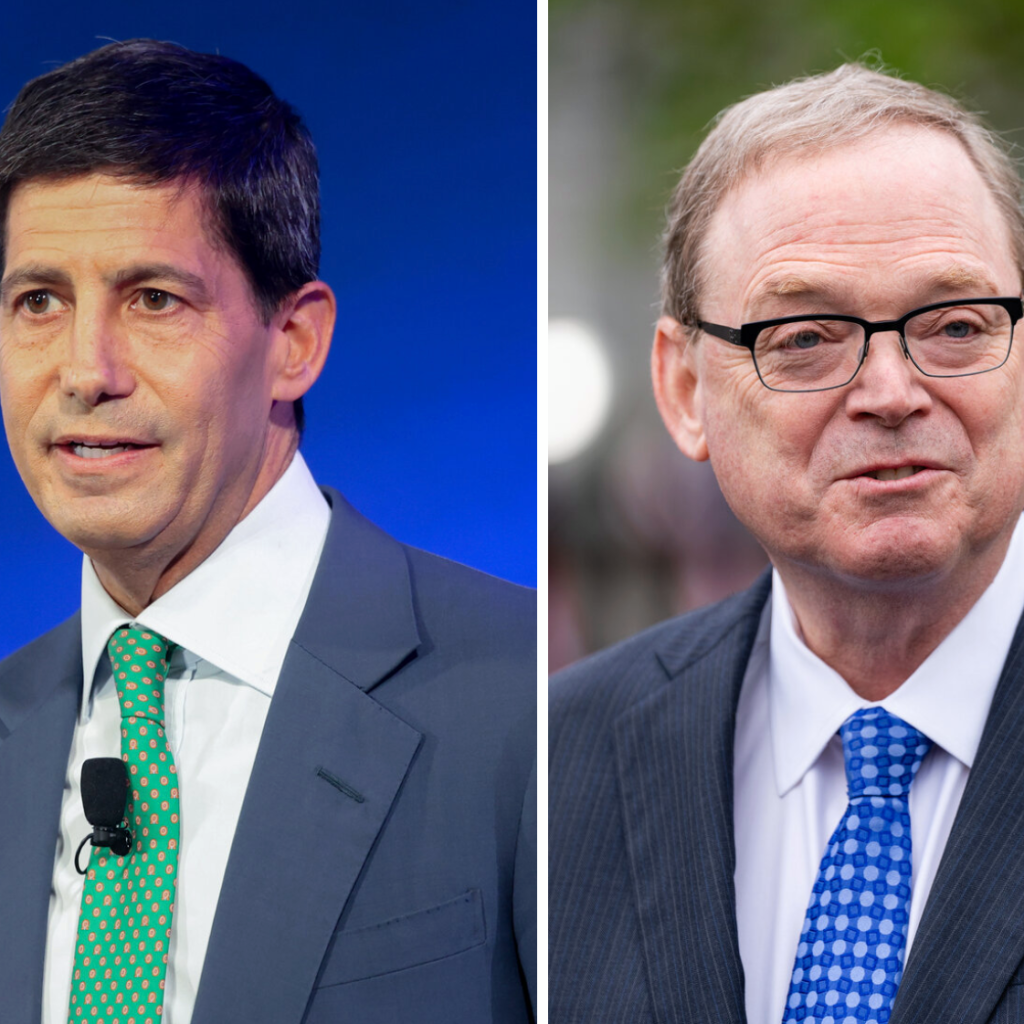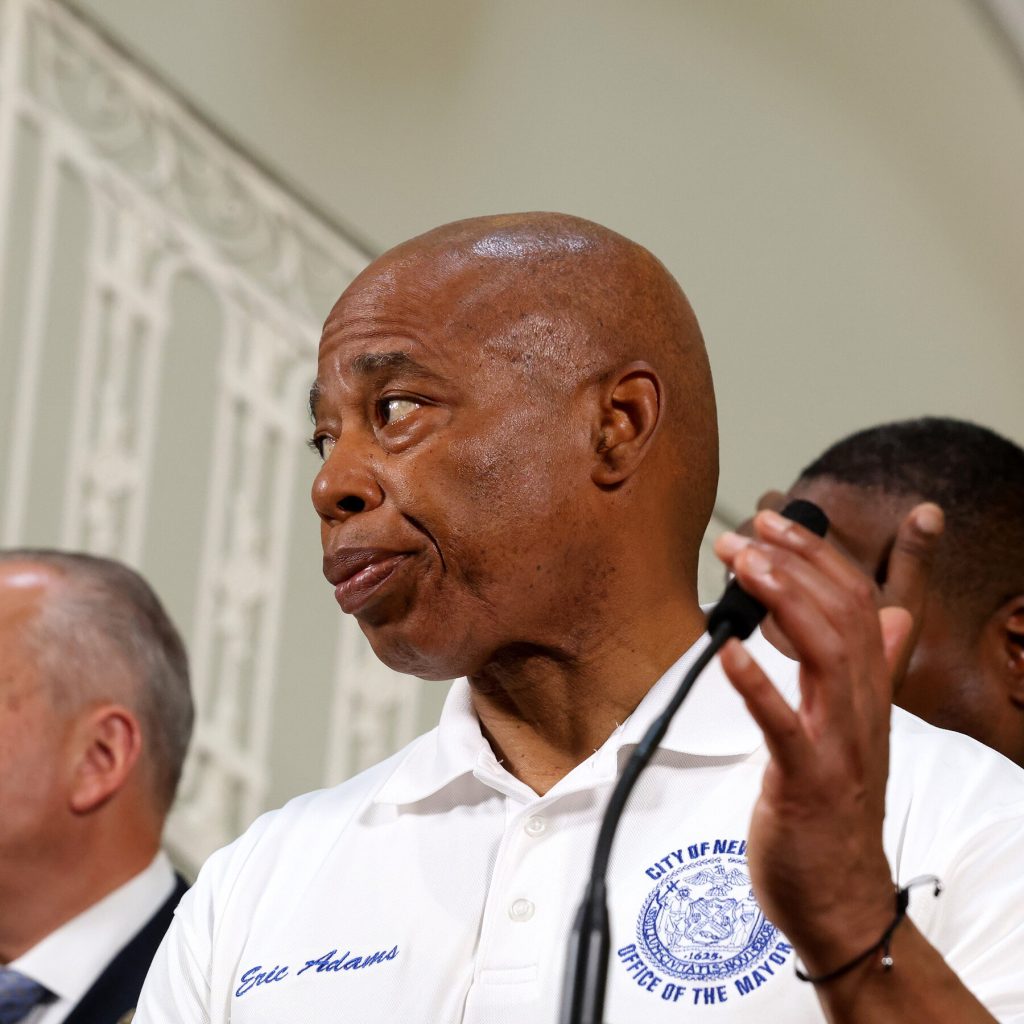China Displays Its Gizmos and Ambition, but Fewer Answers on Trade

The sprawling Global Digital Trade Expo in Hangzhou, China, concluded recently, showcasing the country’s determination to push back against US efforts to restrict its technological advancements. The event, which boasted an impressive array of cutting-edge gadgets and innovative solutions, served as a testament to China’s ambition to remain at the forefront of the digital revolution. However, beneath the gleaming façade of futuristic exhibits and grand announcements, a more nuanced reality emerged: China’s struggle to balance its aspirations with the harsh realities of a highly competitive market.
The expo, which spanned multiple days and drew thousands of attendees, was a deliberate display of China’s technological prowess, with exhibitors flaunting everything from AI-powered robots to high-speed 5G networks. The event was seen as a rebuke to the US’s attempts to curb China’s technological progress, as the Trump administration has imposed stringent export controls and sanctions on Chinese tech firms, citing national security concerns.
Yet, despite the fanfare and bravado on display, industry insiders and analysts noted that the expo revealed more questions than answers about China’s trade prospects. The country’s digital economy, while rapidly expanding, still grapples with profitability issues, particularly for smaller players. Many Chinese tech firms struggle to turn a profit, as they invest heavily in research and development, only to face intense competition from established players and newer entrants alike.
The real competition, it seems, is not between China and the US, but within China’s own borders. As the country’s tech sector becomes increasingly crowded, companies are finding it difficult to differentiate themselves and secure a stable foothold in the market. This internal struggle was evident at the expo, where exhibitors jostled for attention and investors scrutinized potential investments with a critical eye.
In the end, the Global Digital Trade Expo served as a reminder that China’s technological ambitions are not merely a response to external pressures, but also a reflection of its own internal challenges. As the country continues to push the boundaries of innovation, it must also confront the harsh realities of a rapidly evolving market, where profits are hard to come by and only the most adaptable and resilient players will thrive.






